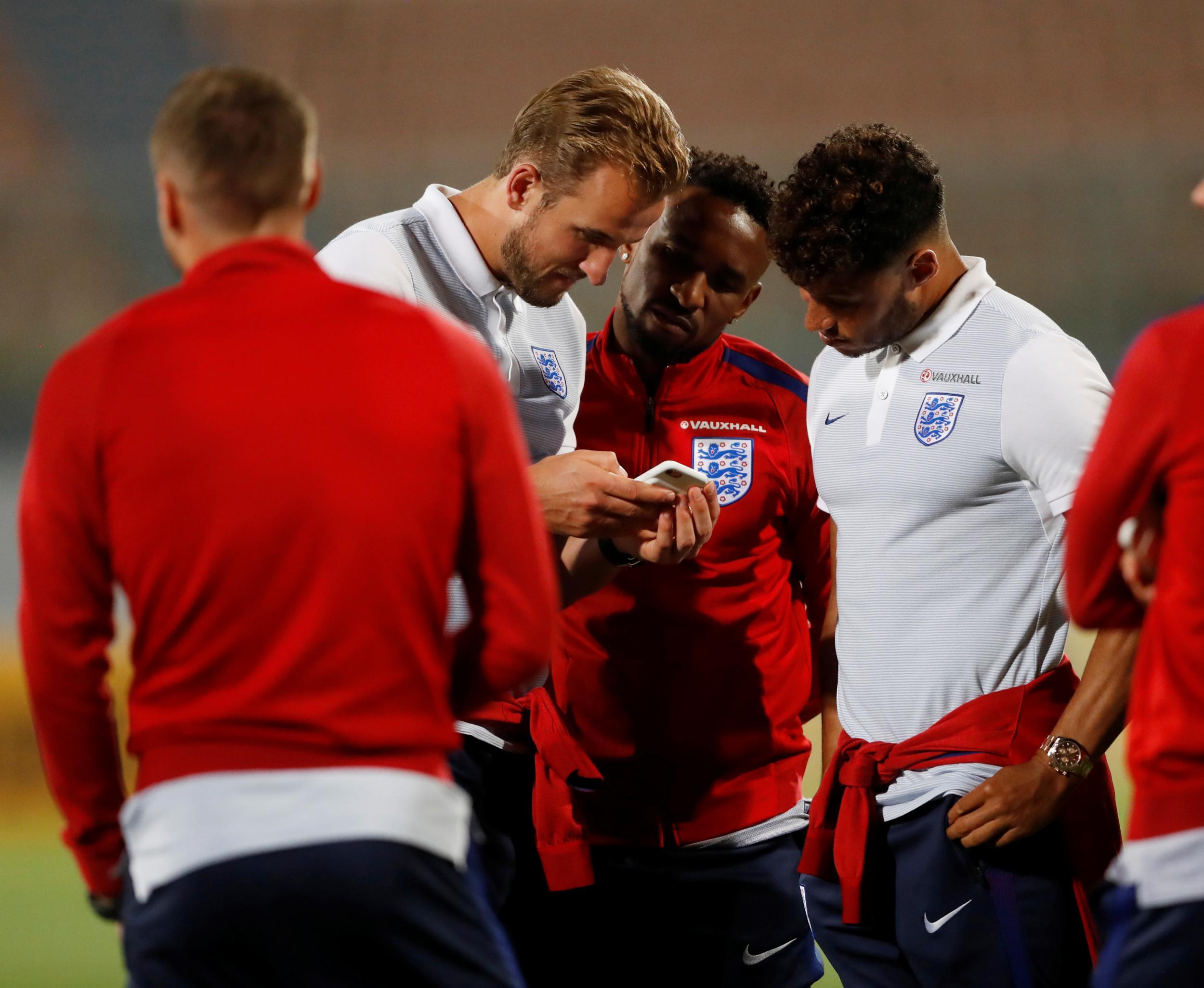As England players are banned from using public Wi-Fi, people urged to be careful about free networks
'Rightly so, the FA is on guard'

Your support helps us to tell the story
From reproductive rights to climate change to Big Tech, The Independent is on the ground when the story is developing. Whether it's investigating the financials of Elon Musk's pro-Trump PAC or producing our latest documentary, 'The A Word', which shines a light on the American women fighting for reproductive rights, we know how important it is to parse out the facts from the messaging.
At such a critical moment in US history, we need reporters on the ground. Your donation allows us to keep sending journalists to speak to both sides of the story.
The Independent is trusted by Americans across the entire political spectrum. And unlike many other quality news outlets, we choose not to lock Americans out of our reporting and analysis with paywalls. We believe quality journalism should be available to everyone, paid for by those who can afford it.
Your support makes all the difference.England players and staff have reportedly been told not to connect to Wi-Fi networks in hotels and public places at the 2018 World Cup in Russia.
The FA fears that doing so could expose the team’s plans and tactics to hackers, and is expected to provide its own internet access to staff.
Here's why the FA is right to take precautions.
Cyber criminals are known to target public Wi-Fi networks, which are often unsecured, and can access people’s data and intercept communications without them realising.
A report from earlier this year found that coffee shops are the most popular places to connect to a public Wi-Fi network, followed by airports and hotels.
Though these networks are convenient, their providers tend to have lax security standards.
“Devices connected to public or free Wi-Fi hotspots are easy targets for hackers because they don’t require authentication to establish a connection,” Raj Samani, chief scientist at McAfee, told the Independent.
“This means hackers can gain direct access to anything shared over the network, from images to bank account details to emails and messages. Yet more than half of Brits (55%) don’t know how to tell if the Wi-Fi connections they’re using are secure, demonstrating the extent of the issue and the open opportunity for hackers.
“Just this week, damning images of Paul Hollywood were released and there are hundreds of other examples where private images or messages have got into the wrong hands and ruined the reputation of public figures. Added to this, footballers’ massive pay cheques make them a great target for cybercriminals wanting to make a quick buck.
“Rightly so, the FA is on guard and eager to protect its players from the risks of a hack.”
Emails between the FA and Fifa were leaked by Russian hacking group Fancy Bears – which has also targeted WADA – last month.
The team, which hasn’t yet qualified for the tournament but is expected to by beating Slovenia at Wembley on 5 October, is also being warned about social media use, with the FA worried about players accidentally revealing the location and details of the England training base by posting too much online.
Mr Samani says they, and every other web user, should always be wary of potential threats online.
“In addition to avoiding public Wi-Fi spots, they should also be extremely careful about clicking on links and sharing their locations on social media,” he added.
“Every move they (and we) make online leaves a digital footprint and clues for cybercriminals to use to their advantage.”
Join our commenting forum
Join thought-provoking conversations, follow other Independent readers and see their replies
Comments